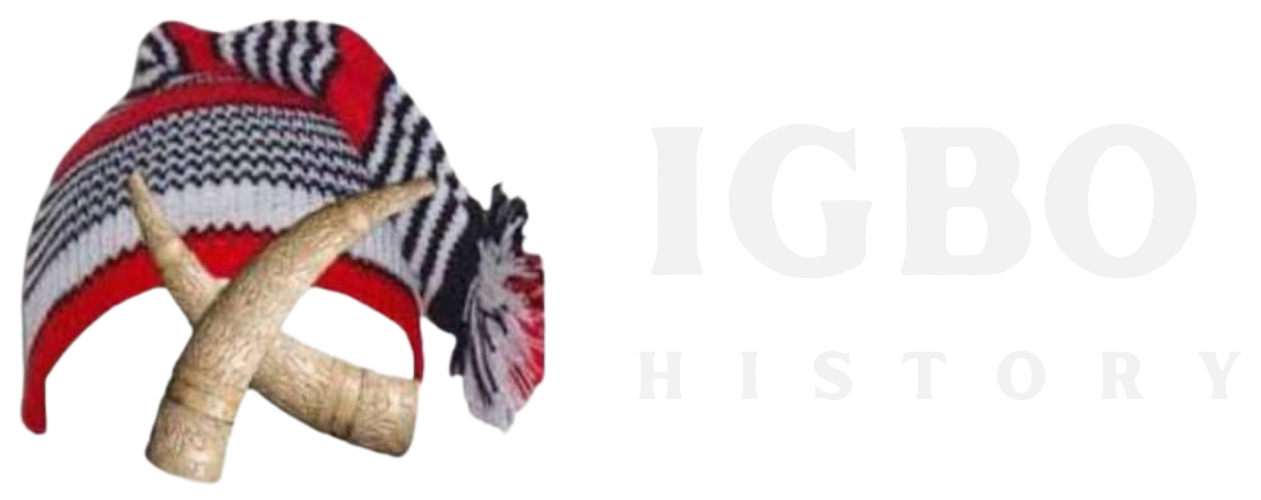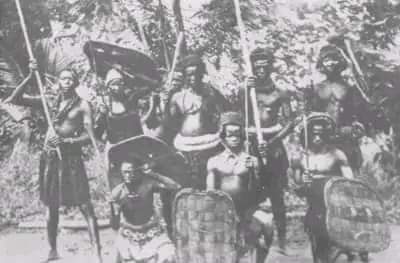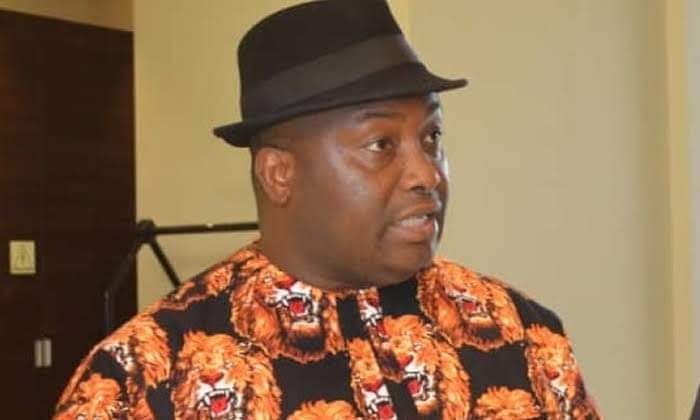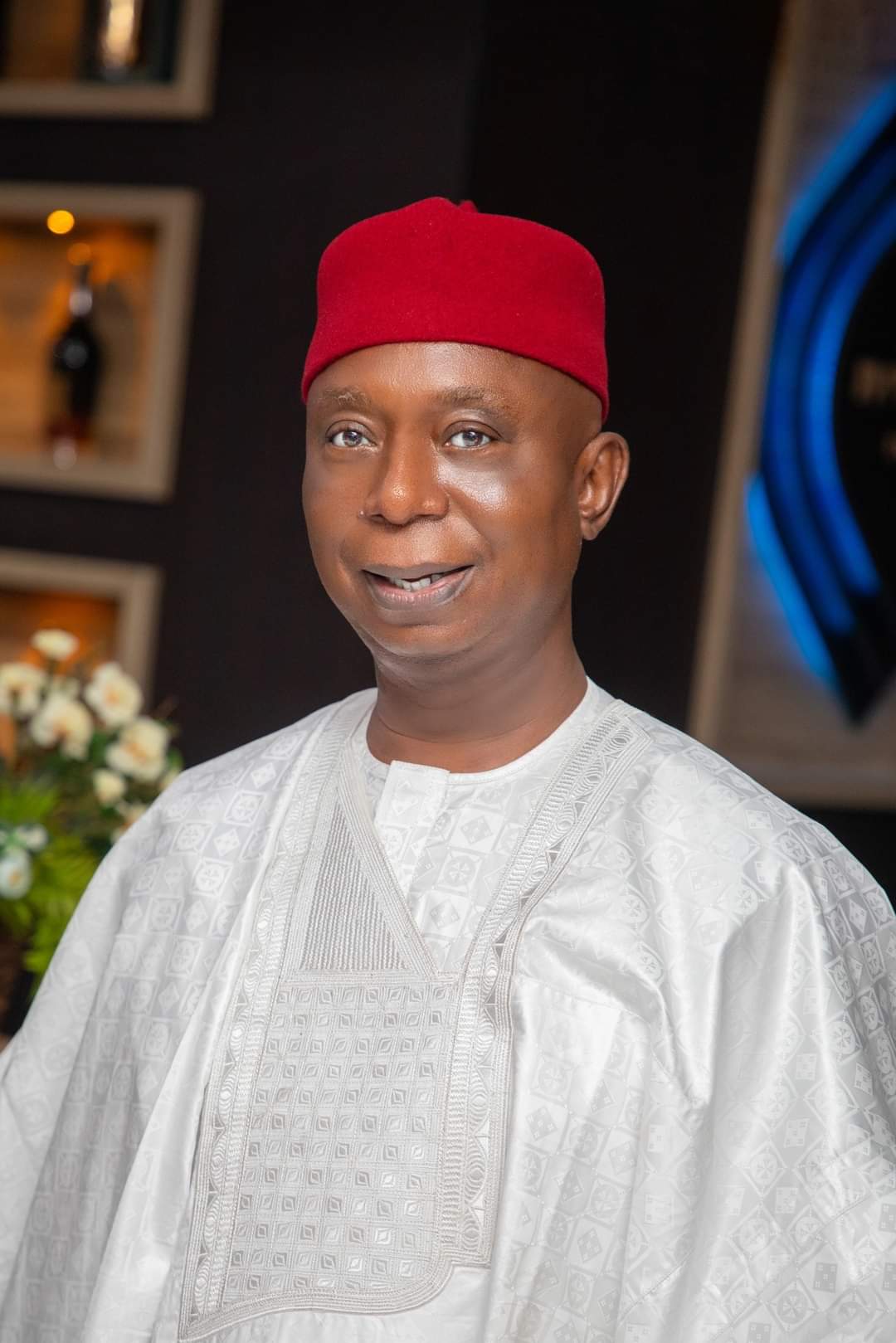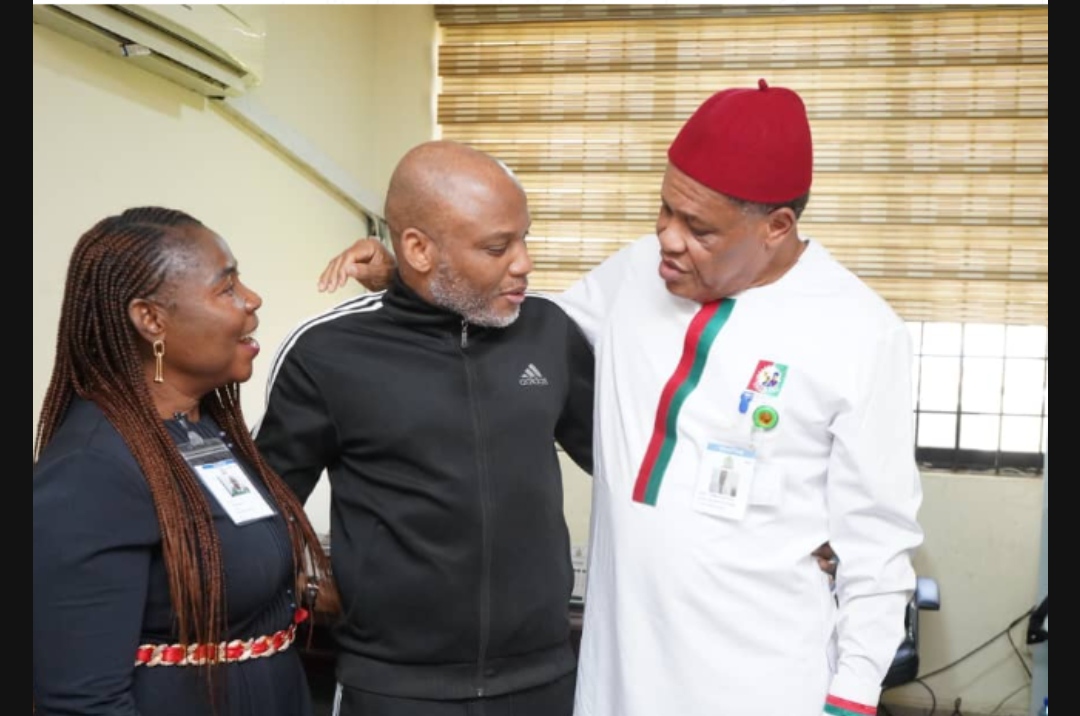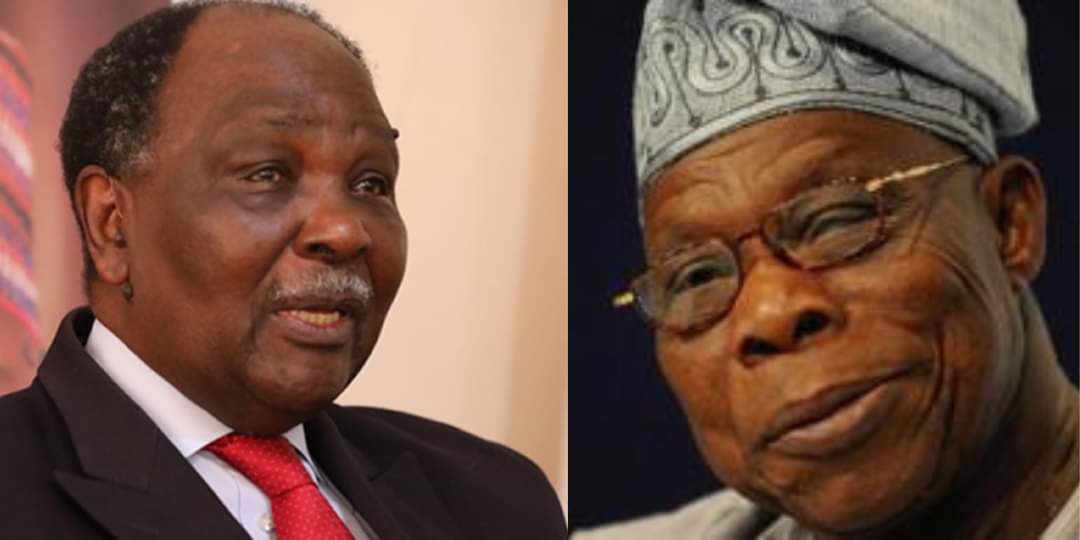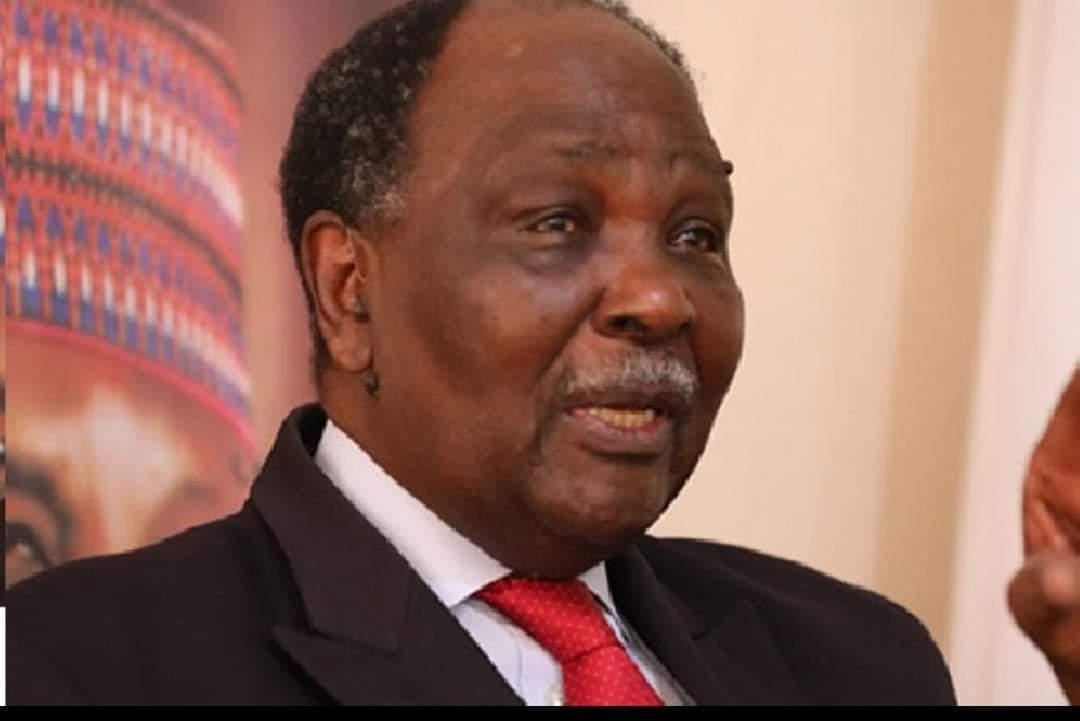The image below (courtesy of Dr. Pamela Eze-Uzoamaka) showcases what appears to be a mound of earth in the university town of Nsukka. At first glance, one might not realize that this mound is the remnant of a historic fort, once a defensive structure comprising a ditch and wall that encircled a small military garrison. These types of forts were widespread throughout the Nsukka region, extending southward to areas like Opi. Locally, these forts are referred to as “Okpe Ịgara,” meaning Igala walls. Oral tradition suggests that these forts were built by Igala imperial forces during their occupation of the Nsukka region and were later used as bases for their raids and military confrontations with the indigenous Nsukka people.
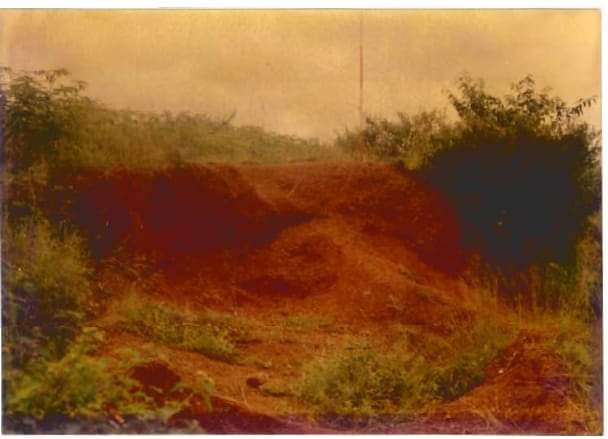
Similar forts existed in Akụ, a town located to the far south of the Nsụka axis.
Akụ is believed to be an ancient settlement, with some lineages claiming they have always been indigenous to the land, migrating from nowhere. Before the arrival of the Ịgala, the Nri influence extended to Akụ. According to Akụ tradition, a figure named Ijija, a prince from Nri, is said to have migrated to Akụ, founding some of its quarters. The presence of the Nri influence is still evident in Akụ, particularly in the strong reverence for the ọzọ institution, a title-taking system likely introduced by Nri. As recently as 1948, an Akụ native named Ugwu Nwa Eleje insisted on having an Nri man perform his title rites, even though by that time, Nri involvement in such ceremonies had diminished in other communities. Additionally, the Odo masquerade, a significant cultural symbol in Akụ, is believed to have its roots in Nri, known locally as Nshi Namoke.
Igala dominance reached Akụ around the 17th century. According to local accounts, a man named Diewa was sent by the Ata of Igala to serve as the Political Resident in Akụ. Another family, known as Ụmụ-Ezike Ata, is also said to have arrived at Akụ around the same time as Diewa, acting as agents of the Ata. The Ụmụ-Ezike Ata held the title of priests of Fijiọkụ, the god of yams and agriculture, further cementing their ties to the Ata of Igala. They adopted the name “Ata” as a marker of loyalty to their feudal lord in Idah. While the authenticity of their Igala origin remains uncertain, there is little doubt that they saw themselves as subjects and political representatives of the Ata among the Akụ people.
Diewa, however, later rebelled against the Ata, aligning himself with Akụ by marrying local women and prioritizing the town’s interests over those of the Igala. This sparked a prolonged struggle for independence, leading to a conflict between Akụ and the Igala forces stationed in the Okpe Ịgara forts in the hills overlooking the town.
The Akụ people laid siege to these forts, cutting off the Igala’s communication lines and supply routes to Idah. Their strategy was to starve the Igala forces by preventing any food or reinforcements from reaching them. At one point, however, the Akụ fighters relaxed their guard, retreating to the town to celebrate a festival. The Igala soldiers seized this opportunity, launching a surprise attack on the town, massacring men, women, and children, and returning to the forts with much-needed food, water, and palm wine.
Undeterred, the Akụ forces regrouped and launched another offensive. One night, the Igala soldiers attempted to escape under the cover of darkness but were ambushed near a lake in Nụa village. The Akụ forces attacked with such ferocity that many Igala soldiers drowned in the lake. The site was named Ọmerụ Ịgala, meaning “the Destroyer of the Igala.” Although the lake has since dried up, the spot where it once stood retains the name to this day.
The remaining Igala forces retreated to their hill forts and attempted another escape from a different route, but again they were met with fierce resistance from the Akụ warriors, who were now armed with guns. The ensuing battle marked the end of Igala occupation in Akụ.
According to an Akụ historian, no significant cultural practice in Akụ today can be traced back to the Igala. The only Igala term that has endured is the word “Ata.” It appears that after their victory, the Akụ people systematically erased Igala influence from their institutions.
For a time, Akụ severed ties with the Ụmụ-Ezike Ata family, whose allegiance was believed to have been with the Igala occupiers. However, the Ụmụ-Ezike family sought reconciliation by offering their daughters in marriage to Akụ men without demanding the customary bride price. Eventually, peace was restored, and the Ụmụ-Ezike family was accepted back into the community.
In the aftermath of the conflict, Akụ rose to prominence as the most powerful town in the Nsụka-Udi Plateau, waging expansionist wars and competing with neighboring communities like Arụ and Nike in trade and commerce. This era of dominance continued until the arrival of British colonial forces in 1911.
